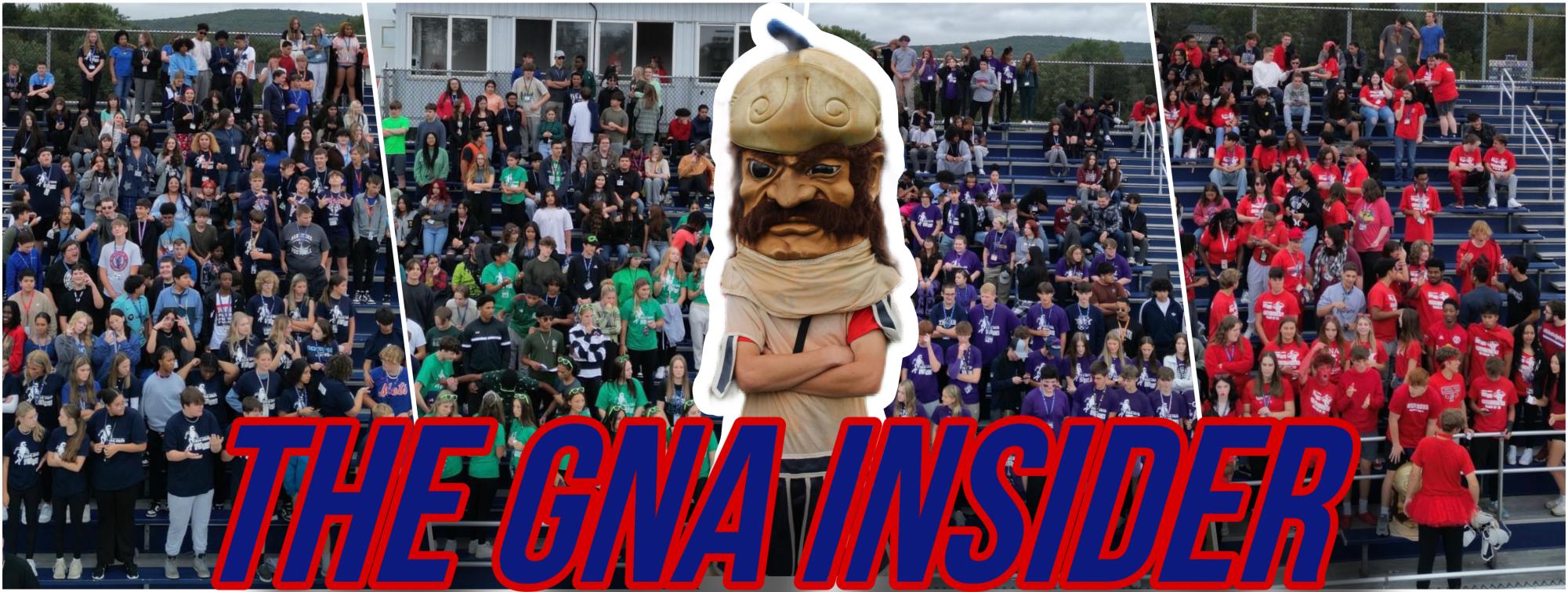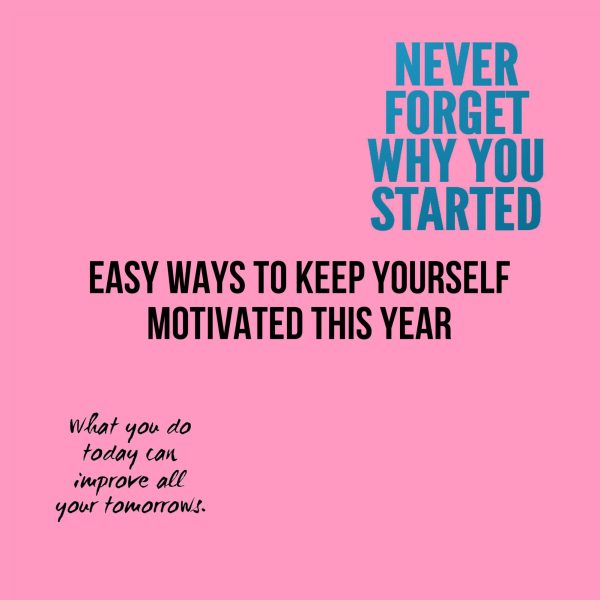How to start off the New Year
People all across the United States have decided to start off 2020 by making resolutions. Approximately 60% of Americans follow the New Year’s tradition of forming long-term goals that they are supposed to accomplish by the end of the year. However, only 8% of people are successful in achieving their objectives while the rest abandon their resolutions after about six weeks. Psychologists claim that the inability of people to carry out their resolutions is due to a lack of enjoyment that causes them to say that they “should” do something instead of stating that they “will”. Since it is unlikely that a New Year’s resolution will be carried out, alternative approaches should be considered so that a commitment can be made and goals can be reached.
Generating a New Year’s resolution is a tradition that dates back to the ancient Babylonians some 4,000 years ago. The Babylonians held an annual religious festival in mid-March when the crops were planted, and at this celebration, called Akitu, the Babylonians made promises to the “gods” to pay their debts and return any objects that they had borrowed. If they kept their word, it was said that good fortune would be bestowed upon them in the coming year. In regards to Americans, the yearly making and breaking of New Year’s resolutions began as early as the 19th century and continues to this day.
Behavioral psychologists claim that setting specific goals is an alternative to resolutions that enables people to make goals that are realistic and achievable. A major problem with creating a New Year’s resolution is that it is merely a general statement of something that people would like to happen, but it is not accompanied by a defined plan with steps to reach that goal. For example, a common New Year’s resolution is, “I want to lose weight,” but this desire is not followed by a clear idea of how to lose weight. It is therefore recommended that people set an exact weight as their target and layout a schedule of how long they need to work out each day in order to shave off undesired pounds. It is also suggested that they track their progress and monitor how many pounds they are losing each week so as to keep their motivation up.
However, these strict schedules can be very challenging to stick to, for most people would rather go home after a long day of work than to the gym. This is where the rewards system comes into play; 79% of workers say that when there is an award that they are eligible to receive, they will work harder to gain that recognition, and the same idea can be applied to reaching New Year’s goals. For instance, one’s objective may be to spend less time on social media in favor of physical activity, so they can reward themselves with a short amount of social media time (20 minutes) if they shut down their phone and go on an hour walk.
Most importantly, it is key for people to pick themselves up if they relapse into their old behavior and distance themselves from their goals. The majority of people who give up on their goals do so because they allow themselves to have a “cheat day”, and this one period of weakness causes them to permanently give up on their goals. In order to refrain from doing this, one needs to remember that even if they binge on one day, they can still stay on track and reach their goals; all they need to do is read for five more minutes every day for a week to make up for that day they allowed themselves to put down their book in favor of the TV and know that they can still achieve their goal despite ignoring it for a day.
There is no doubt that it is incredibly tough to keep a New Year’s resolution, but a variety of tactics can be implemented to ensure success. As long as a positive attitude is displayed and incentives are kept in mind, goals can be reached and the formerly daunting task of keeping a New Year’s resolution can turn into a beneficial goal-setting tradition. People are therefore encouraged to display resiliency and accomplish their goals in order to gain happiness and have a better outlook on life.
For more information on the featured image, click here.

My name is Kayla Eckrote, and I am a junior here at GNA. I’ve always been a student here, for I have lived in Mocanaqua and Nanticoke my whole life....







